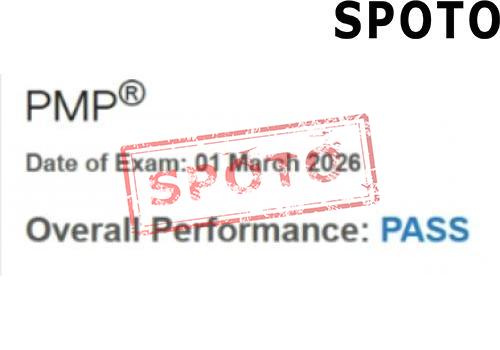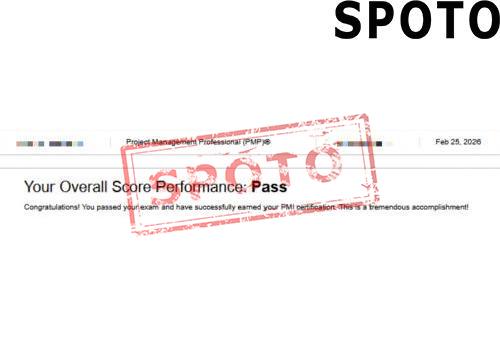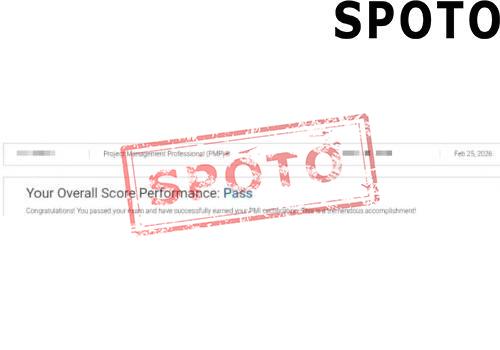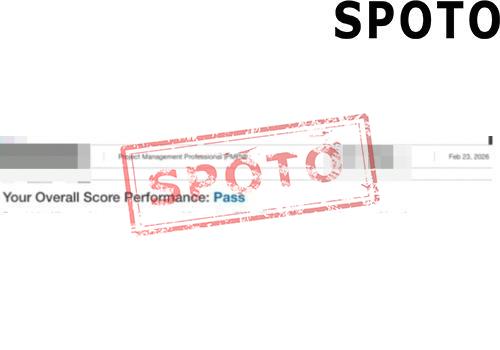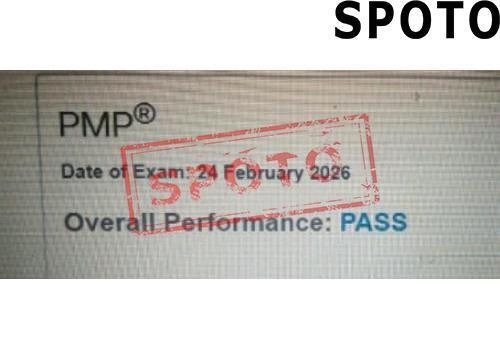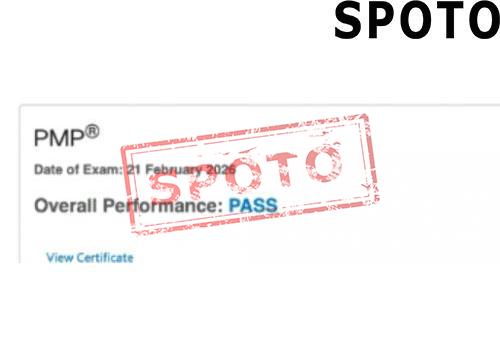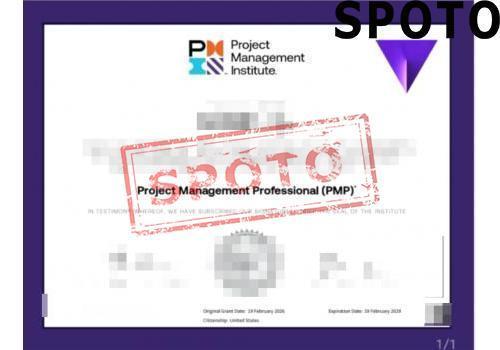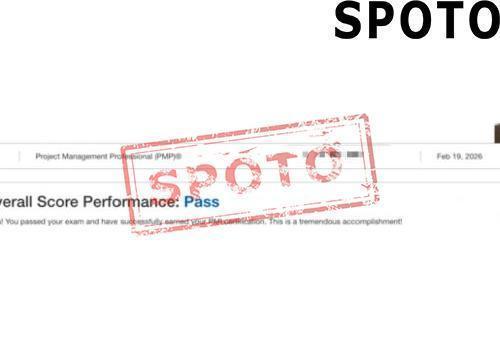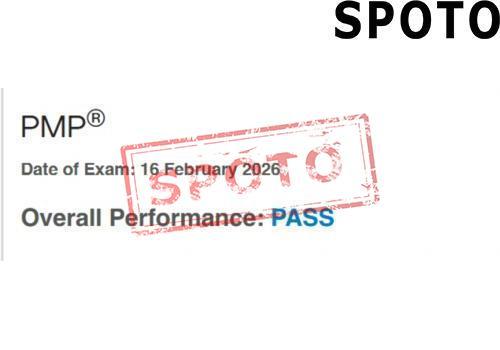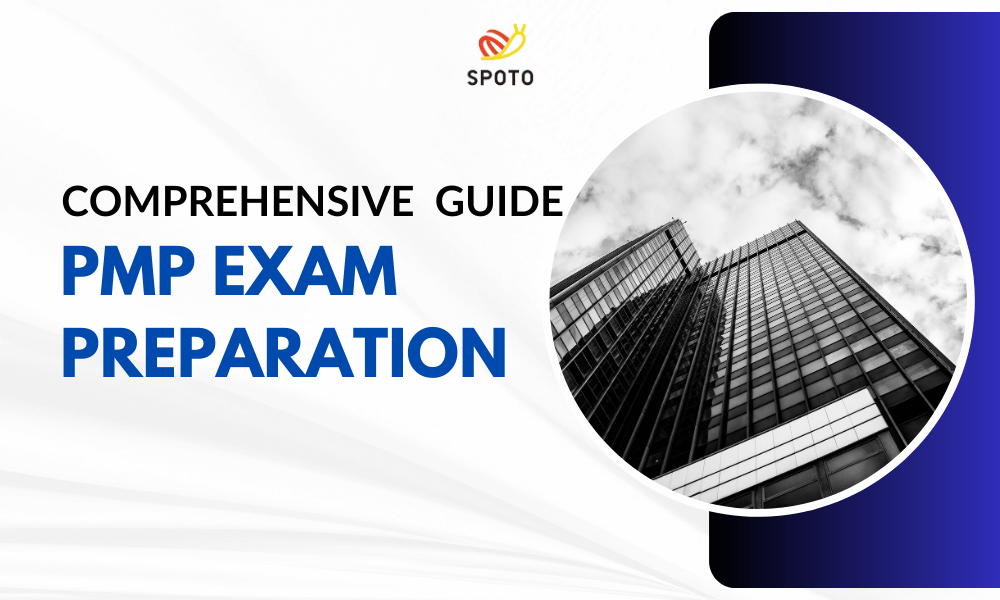
Table of Contents
Introduction
The Project Management Professional (PMP) certification, a globally acknowledged benchmark in the realm of project management, serves as a testimony to the proficiency and competence of project managers. This introductory segment delves into the significance of obtaining PMP certification and provides a concise overview of the PMP exam, outlining its crucial role in augmenting a project manager's career by equipping them with industry-relevant skills and knowledge.
PMP Exam Eligibility Requirements
Achieving Project Management Professional (PMP) certification signifies a profound level of expertise and knowledge in project management, necessitating applicants to meet specific educational and professional prerequisites. These criteria ensure that candidates are adequately prepared to undertake the comprehensive examination and effectively apply their skills in a real-world setting.
Educational Background Requirements
Aspiring candidates must possess a secondary degree, such as a high school diploma, associate’s degree, or global equivalent. Alternatively, a four-year degree elevates the applicant's standing, potentially reducing the required amount of professional experience needed to qualify.
Project Management Experience Requirements
Applicants with a secondary degree need to demonstrate at least 7,500 hours of leading and directing projects. Those holding a four-year degree are required to show evidence of 4,500 hours spent in project leadership roles. This extensive experience ensures that candidates have not only theoretical knowledge but also practical skills in managing diverse project scenarios.
Professional Development Units (PDUs) Requirements
To apply for the PMP exam, candidates must have completed 35 PDUs of project management education. This education can come from a variety of sources, including formal courses, workshops, and training sessions, which cover the fundamental competencies of project management. The requirement underscores the importance of a continuous learning mindset and up-to-date knowledge of project management practices.
Understanding the PMP Exam Format
The path to earning your Project Management Professional (PMP) certification encompasses a deep understanding of the exam's structure, which is pivotal for crafting an effective preparation strategy. This segment illuminates the intricate details of the PMP examination framework, offering insights into its duration, question format, scoring mechanism, and the benchmarks for success.
Exam Duration and Volume of Questions
Prospective candidates will navigate through a rigorous testing period, spanning four hours. Within this allotted time frame, individuals are challenged with 200 multifaceted questions, designed to probe their mastery over the vast domain of project management.
Variety in Question Types and Level of Complexity
The examination's architecture integrates a diverse array of question types, including but not limited to, multiple-choice, matching, and fill-in-the-blank, each varying in complexity. This assortment ensures a comprehensive assessment of candidates' abilities to apply theoretical knowledge to practical scenarios.
The Scoring Framework and Criteria for Success
Understanding the scoring algorithm, which remains shrouded in confidentiality, is crucial. Success in the PMP exam is determined not by a raw score, but by meeting a proficiency level set by the PMI. This benchmark is dynamically adjusted, taking into account the difficulty of the specific set of questions each candidate encounters.
Create a Study Plan and Schedule
Embarking on your PMP journey without a structured plan can be like navigating without a compass. Start by evaluating your current knowledge and set realistic goals for each study session. Allocate time slots based on your personal or professional commitments and adhere strictly to this timetable. Diversification of study times and content can prevent burnout and enhance memory retention.
Utilize Reputable Study Materials
- Invest in accredited PMP textbooks and resource materials that are endorsed by project management professionals.
- Subscribe to digital platforms offering updated study guides and resources.
- Attend workshops and webinars to understand complex concepts better.
Practice with Sample Questions and Mock Exams
Confronting the exam format and types of questions before the actual test is invaluable. Dedicate significant portions of your study to answering practice questions and taking full-length mock exams. This strategy not only familiarizes you with the PMP exam pattern but also helps in identifying areas needing improvement. Reflect on your mock test scores to fine-tune your study approach continuously.
Join Study Groups or Forums for Peer Support
Collaborating with fellow PMP aspirants can transform your study experience. Join online communities or local study groups to exchange notes, discuss difficult topics, and receive motivational support. Engaging in group studies can provide diverse insights and methodologies that might be pivotal for your exam success.
Apply Critical Thinking and Real-Life Scenarios to Exam Content
Merely memorizing information is not enough; applying knowledge to solve real-world problems is crucial. Enhance your critical thinking by relating study material to actual project management scenarios. This approach aids in understanding complex concepts and improves the ability to tackle situational questions in the exam.
Effective Study Techniques
Becoming a certified Project Management Professional (PMP) is like running a marathon, taking both your physical and mental dedication. The journey to mastering the PMP exam content requires an effective study strategy that goes beyond superficial learning. Highlighted below are five study techniques that could radically improve your success odds while preparing for the PMP exam.
Understand and Memorize Key Concepts
Firstly, your PMP exam preparation should go beyond rote learning. The exam expects you to critically understand key concepts, principles, and methodologies underpinning Project Management. Rather than cramming, absorb the PMBOK Guide’s content, the Project Management Body of Knowledge. This guide often forms the bulk of the PMP exam. Place emphasis on understanding and retaining vital knowledge in project management spheres such as integration, scope, schedule, and cost management.
Use Mnemonic Devices for Remembering Processes or Formulas
Manipulating mnemonic devices is a proven efficient study technique. PMP exam preparation involves memorizing numerous processes and formulas, especially in cost and quality management areas. Mnemonic tools, like acronyms or visual images, enable your memory to retrieve these processes or formulas faster during the exam. These devices provide fun and creative ways of anchoring this information in your memory.
Diagram and Visualize Complex Information
The PMP exam often presents complex or situational-based questions requiring detailed analysis. Using diagrams to break down and interpret intricate information enhances your understanding. For instance, developing flowcharts for processes or drawing network diagrams for project scheduling aids in visualizing concepts hence making comprehension easier.
Take Breaks and Maintain a Healthy Study Routine
Contrarily, continual studying can lead to burnout and decreased productivity. It's important to incorporate regular breaks into your study schedule. Stepping away from your study materials allows your brain to process and consolidate what you've learned. Incorporating light exercises like walks or meditations during breaks enhances focus and reduces stress. Accompany this with a healthy diet and ample sleep.
Review and Reinforce learning with Repetition
Lastly, recalling information needs consistent reinforcement. Revisiting learned material frequently strengthens your ability to recollect information on the exam day. However, avoid last-minute cramming; instead, schedule revisions evenly over your study period for better content mastery. Utilize mock tests and flashcards for repetitive retrieval and verification of your understanding.
To conclude, these study techniques are not exhaustive. Indeed, everybody learns in unique ways. Yet, leveraging these techniques during your PMP exam preparation could make key variances in maximizing your study efficiency and test-solving proficiency.
Exam-Day Strategies
The culmination of your PMP exam preparation is not just about the knowledge acquired but also how you apply this knowledge under exam conditions. Approaching the exam day with a tactical mindset is crucial for success. Here, we delve into essential strategies designed to maximize your performance during this critical assessment.
Arrive Early and Be Prepared
Commencing your exam day on a serene note sets a positive tone for the hours ahead. Aiming to arrive at the exam venue well in advance not only mitigates the stress associated with unforeseen delays but also provides you with ample time to acclimatize to the examination setting. Ensure you have all necessary identification and materials as specified by the exam authorities.
Read and Understand Questions Carefully
The ability to meticulously parse exam questions is invaluable. Allocate time to thoroughly read and comprehend each question, paying special attention to nuances that may influence the correct answer. This deliberate approach aids in avoiding common pitfalls of misinterpretation.
Manage Time Efficiently
Effective time management is pivotal throughout the exam's duration. With a finite amount of time to address all questions, strategize on how to allocate your minutes wisely. Prioritize questions based on your strengths and familiarity, ensuring that you do not spend excessive time on any single question to the detriment of others.
Utilize the Process of Elimination for Complex Questions
Encountering perplexing questions is an inevitable aspect of the PMP exam. When faced with such challenges, applying the process of elimination can significantly enhance your odds of selecting the correct answer. By methodically discounting the least likely options, you refine your choices and improve decision-making accuracy.
Stay Calm and Focused Throughout the Exam
Maintaining a composed and concentrated mindset is your greatest ally during the exam. Allow yourself brief moments to reset if you encounter anxiety or concentration lapses. Remember, the exam is a test of both your knowledge and your ability to apply this knowledge under pressure. Staying calm enables you to access and effectively utilize your preparedness.
By integrating these strategies into your exam-day plan, you position yourself for a performance that reflects your hard work and preparation. Remember, success in the PMP exam is not solely about what you know but also about how well you can apply and manage this knowledge under exam conditions.
Additional Resources and Recommendations
To enhance your PMP exam preparation journey, incorporating a variety of resources and study aids can significantly increase your chances of success. Below, we delve into a curated list of materials and platforms that have proven invaluable for candidates aiming to conquer the PMP certification exam.
Recommended Books and Study Guides
Embarking on your study journey begins with the right literature. The "PMP Exam Prep Simplified" by Andrew Ramdayal stands out for its comprehensive coverage and straightforward explanations. Similarly, Rita Mulcahy's "PMP Exam Prep Ninth Edition" is lauded for its engaging approach and practical tips, making complex concepts accessible.
Online Courses and Training Providers
Digital learning platforms like Simplilearn offer extensive PMP certification courses that are designed with flexibility and depth in mind. These courses not only cover all exam content but also provide interactive learning experiences, including live sessions with industry experts, to solidify your understanding of key concepts.
PMP Exam Simulation Software
Practicing under exam-like conditions is crucial. Simulation software, such as the PM Exam Simulator, offers realistic questions and mimics the exam environment. This tool helps identify areas of strength and improvement, enabling focused study and building confidence in your test-taking abilities.
Networking and Knowledge Sharing Opportunities
- Join the Project Management Institute (PMI)®: Becoming a member provides access to exclusive resources, latest research, and a global network of professionals.
- Participate in Study Groups: Engage with peers through forums such as PMI chapters or online communities like Reddit’s r/pmp. These groups facilitate knowledge exchange and provide moral support.
- Attend Workshops and Webinars: These sessions, often hosted by industry leaders, offer insights into exam strategies and the application of project management principles in real-world scenarios.
Integrating these resources into your study plan not only prepares you for the PMP exam but also enriches your professional development journey. Remember, the key to success lies in a balanced approach, combining theoretical study with practical application and peer interaction.
